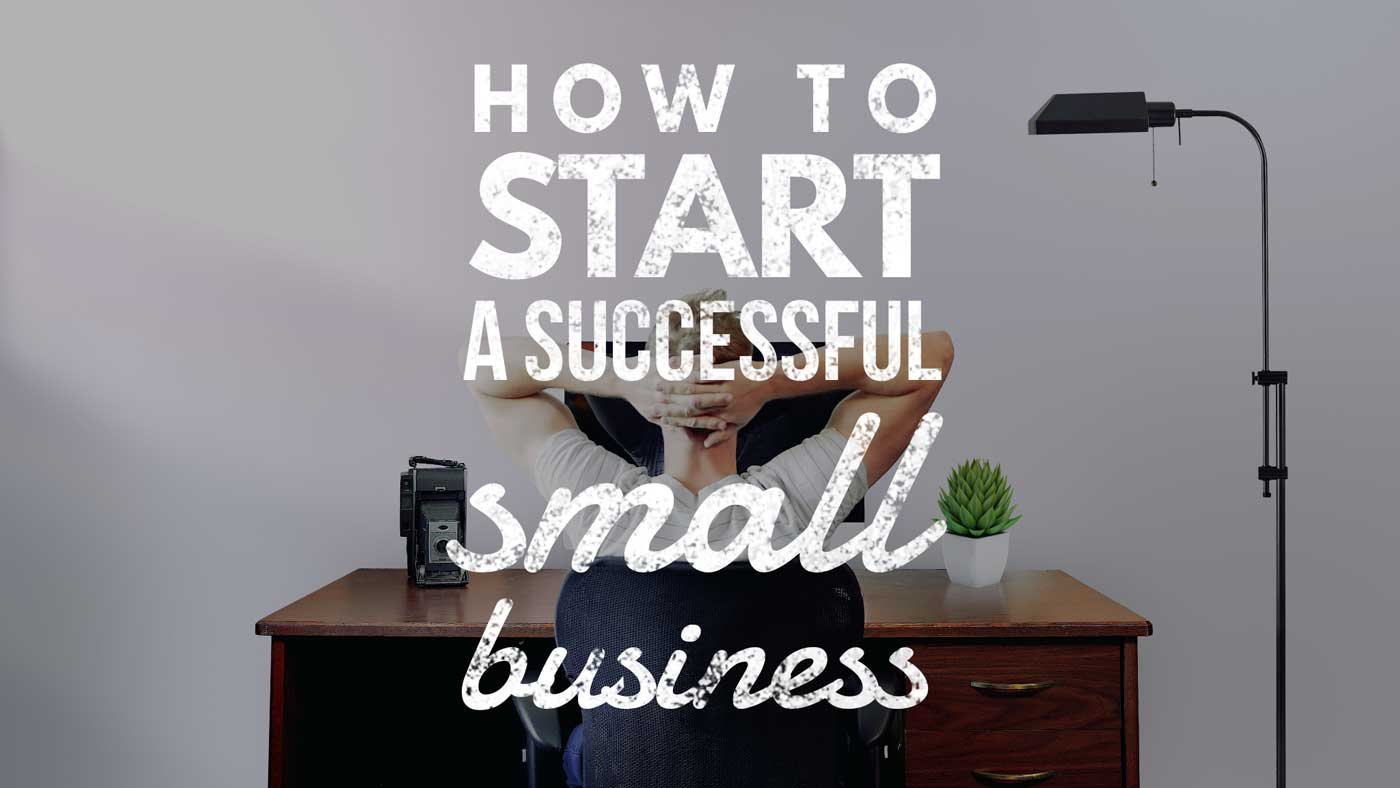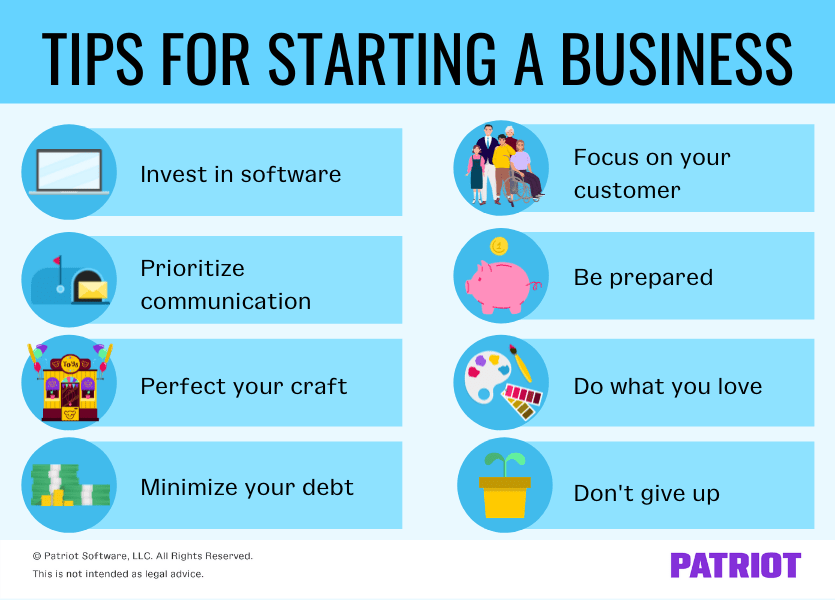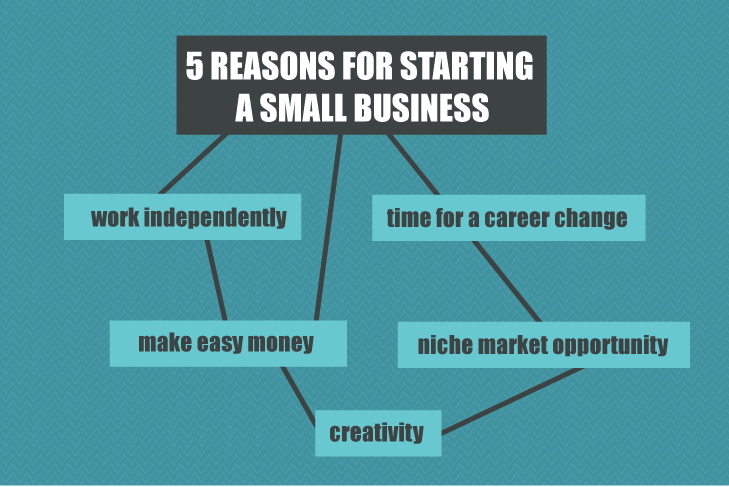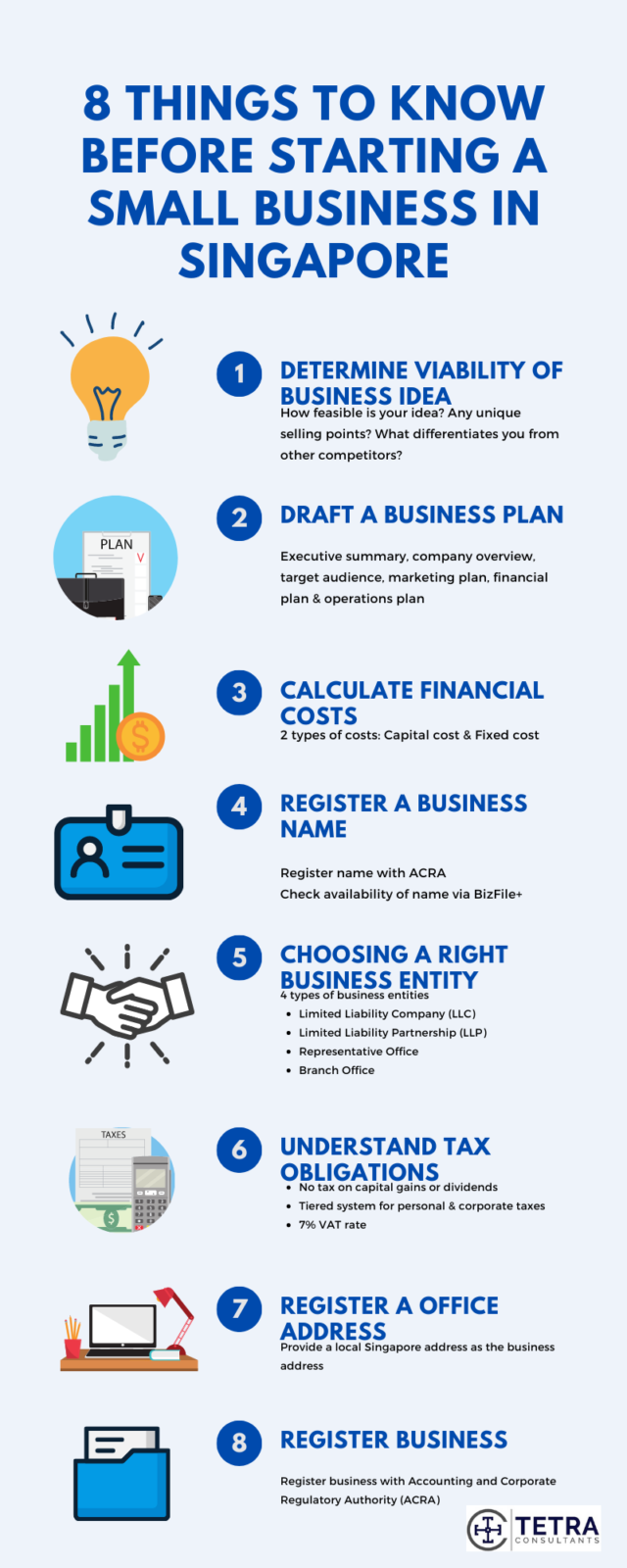Things To Know Starting A Small Business

The dream of launching a small business, a beacon of independence and financial freedom, is a powerful draw for many. However, the path from concept to thriving enterprise is often fraught with challenges, a reality underscored by the Small Business Administration's (SBA) statistics showing that approximately 20% of new businesses fail within the first year, and about half succumb within five years.
This high attrition rate highlights the critical need for aspiring entrepreneurs to enter the arena with a clear understanding of the essential elements for success. Knowing what to expect and how to prepare can significantly increase the odds of not just surviving, but truly thriving.
The information below aims to provide prospective business owners with a foundational understanding of the key considerations when starting a small business, from legal structures and funding options to marketing strategies and risk management. This guide will help you navigate the complexities and set yourself up for success.
Understanding Your Market and Defining Your Niche
Before even registering your business, a thorough market analysis is essential. Identify your target audience, understand their needs, and analyze your competition.
According to a 2023 report by IBISWorld, market research is consistently cited as a crucial factor for small business longevity. Determine your unique selling proposition (USP). What makes your business different and better?
A well-defined niche allows you to focus your resources and effectively reach your ideal customers.
Choosing the Right Legal Structure
The legal structure of your business has significant implications for liability, taxation, and administrative requirements. Common options include sole proprietorship, partnership, limited liability company (LLC), and corporation.
Each structure has its advantages and disadvantages. For instance, a sole proprietorship is simple to set up but offers no personal liability protection. Consult with a legal professional to determine the most suitable structure for your specific needs and risk tolerance.
The SBA offers resources and guidance on choosing the right legal structure.
Securing Funding and Managing Finances
Access to capital is often a major hurdle for new businesses. Explore various funding options, including personal savings, loans, grants, and investors. The SBA offers loan programs and resources to help small businesses secure funding.
Develop a comprehensive business plan that includes financial projections. Accurate financial management is critical for survival.
Monitor your cash flow, track expenses, and seek professional accounting advice to avoid financial pitfalls.
Developing a Strong Brand and Marketing Strategy
A strong brand helps you stand out in a crowded marketplace. Define your brand identity, including your logo, messaging, and visual style. Develop a comprehensive marketing strategy that encompasses both online and offline channels.
Social media marketing, search engine optimization (SEO), and content marketing are essential for reaching your target audience. According to a 2024 survey by HubSpot, businesses with a documented marketing strategy are significantly more likely to achieve their goals.
Invest in building a website and creating compelling content that showcases your products or services.
Managing Risk and Ensuring Compliance
Identify potential risks to your business, such as lawsuits, property damage, and cyberattacks. Implement risk management strategies, such as insurance and data security measures.
Ensure that you comply with all applicable laws and regulations, including licensing requirements, tax obligations, and labor laws. Failure to comply can result in fines, penalties, and even closure of your business.
Consult with legal and regulatory experts to ensure you are operating within the bounds of the law. Ignoring compliance can be a costly mistake.
Building a Strong Team and Embracing a Growth Mindset
Surround yourself with a skilled and dedicated team. Hire employees who share your vision and are committed to the success of your business.
Invest in training and development to enhance their skills and keep them engaged. Embrace a growth mindset and be willing to adapt and learn from your mistakes.
The business landscape is constantly evolving, so it is essential to stay informed about industry trends and technological advancements.
The Future of Small Business: Adaptability and Innovation
The future of small business hinges on adaptability and innovation. Businesses that are able to embrace new technologies, respond to changing customer needs, and foster a culture of innovation will be best positioned for long-term success.
Consider the rise of e-commerce and the increasing importance of digital marketing. Small businesses must embrace these trends to remain competitive.
By carefully planning, securing adequate funding, developing a strong brand, managing risk effectively, and embracing a growth mindset, aspiring entrepreneurs can significantly increase their chances of building a successful and sustainable small business. The journey may be challenging, but the rewards of independence and entrepreneurship can be immense.








![Things To Know Starting A Small Business How to Start a Business: A Startup Guide for Entrepreneurs [Template]](https://blog.hubspot.com/hs-fs/hubfs/tips-for-starting-a-business.png?width=1125&name=tips-for-starting-a-business.png)









